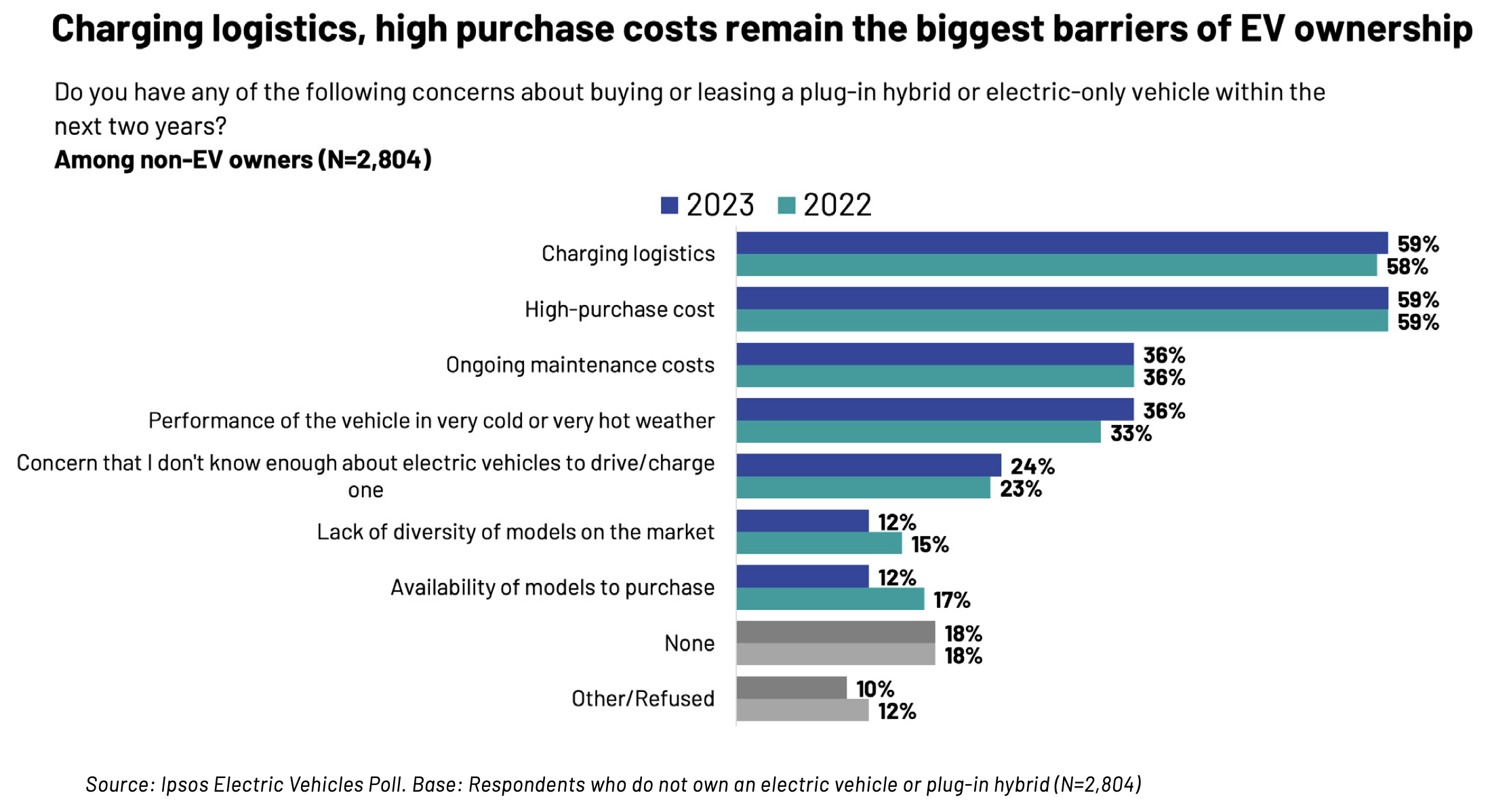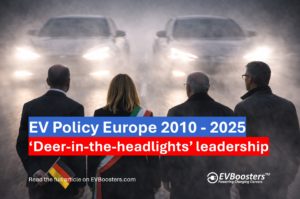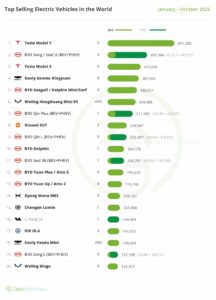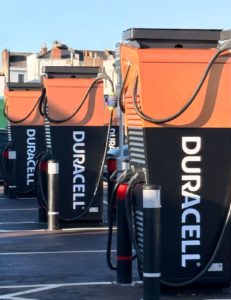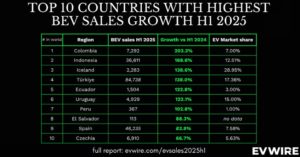Cost and Convenience: Primary Concerns
The primary concerns among non-EV owners are cost and convenience. Many potential buyers are deterred by the high purchase price and the logistical challenges of charging EVs. The report emphasizes the importance of expanding public charging infrastructure and lowering costs to encourage more Americans to consider EVs. This approach appears particularly effective in states like California, Colorado, and New York, which are leading in EV adoption due to robust infrastructure and incentives.
Equitable Access: A Persistent Challenge
Despite these advancements, the report underscores that equitable access remains a significant challenge. Low-income car owners are less likely to consider EVs, even with existing incentives. This demographic’s lack of responsiveness suggests the need for more targeted research and policies to address their specific barriers to entry.
Growth Projections and Potential
EV sales in the U.S. are projected to grow by 31% from 2023 to 2024, according to Bloomberg. However, sustaining this growth will require ongoing efforts from policymakers and industry leaders to make EV ownership more accessible and convenient. The Ipsos research identifies free public charging stations and easy access to fast-charging infrastructure as key factors that could drive EV adoption. Additionally, state and federal tax subsidies could further incentivize potential buyers.
Current EV Ownership and Interest
The report also notes that while national EV ownership remains low, with only around 5% of respondents owning an EV or plug-in hybrid, interest is growing. Approximately 49% of prospective car buyers are considering an EV within the next two years. This suggests that the market has the potential for significant growth if the right incentives are in place.
Leading States: A Model for Success
In states like California, Colorado, and New York, legislative support and infrastructure development have made EVs more appealing. Residents of these states are more likely to own or consider purchasing an EV compared to those in other parts of the country. However, even in these states, cost and convenience are still major concerns.
Policy Recommendations for a Sustainable Future
The report concludes that policymakers must focus on creating equitable policies that address the concerns of all demographics, particularly low-income car owners. Understanding and addressing these barriers is crucial for broadening the EV market and ensuring its sustained growth.
Policymakers should pay particular attention to car-owning low-income Americans, who are just as concerned about purchase cost as their peers but are less incentivized by tax subsidies designed to bring down the cost of EVs. As policymakers work to make the EV market more accessible and equitable, bearing these trends and nuances in mind will be important in building and targeting effective policies and educational campaigns.
Looking Ahead
The EV market in the United States is still nascent and developing. States like California, Colorado, and New York offer a roadmap for how other states across the country can think through the policies that can support their own growing market. While EVs expand, it is essential that legislators and government agencies bring consumers along with them on their EV journey, centering people’s concerns about purchasing EVs and understanding what incentives and policies work with, not against, the public.
Source: IPSOS

